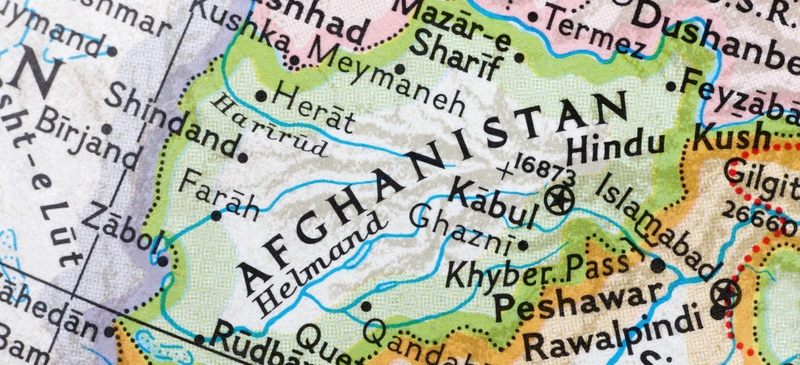
The power balance in Afghanistan
Letter to the editor (The Times)
Sir, You say that the situation in Afghanistan is "not chaos" [see leading article 8 March 2012]. This assertion does not ring true. In the centre and east of the country the insurgency has gained in strength, having shifted away from underpopulated provinces such as Helmand where only 4 per cent of the Afghan people reside and where the UK and Nato have concentrated their forces. Violence against Nato troops may be abating — they are after all withdrawing from the country — but in many provinces the UN and other agencies report a significant rise in inter-Afghan violence.
Second, you claim that al-Qaeda would return to an Afghanistan "in chaos" and that would be the logical outcome of the Nato coalition packing up early. In large parts of Afghanistan the Taleban have already returned, are in effective power and have chosen not to invite al-Qaeda to return. Your logic here is contradictory and appears to be based on an assumption that a red-hot conflict, one that claimed 3,000 civilian victims in 2011, does not already constitute a state of chaos.
Third, you imply that "stability" and "Sharia" are opposites. This does not take into account the diverse nature of Sharia, which has been practised in Afghanistan for centuries and varies in its application. Informal Sharia justice implemented by local clergy holds far more sway than the Afghan formal state system. The latter is presided over by ultra-orthodox clerics who sit on the country's Supreme Court. The difference is that the state judiciary is viewed as hopelessly corrupt and in the pocket of President Karzai.
You laud the bravery of British troops. Their courage is not in doubt. But, as General Sir David Richards says, that should not prevent us from being "aware of what we are asking the bravest of their generation to do".
